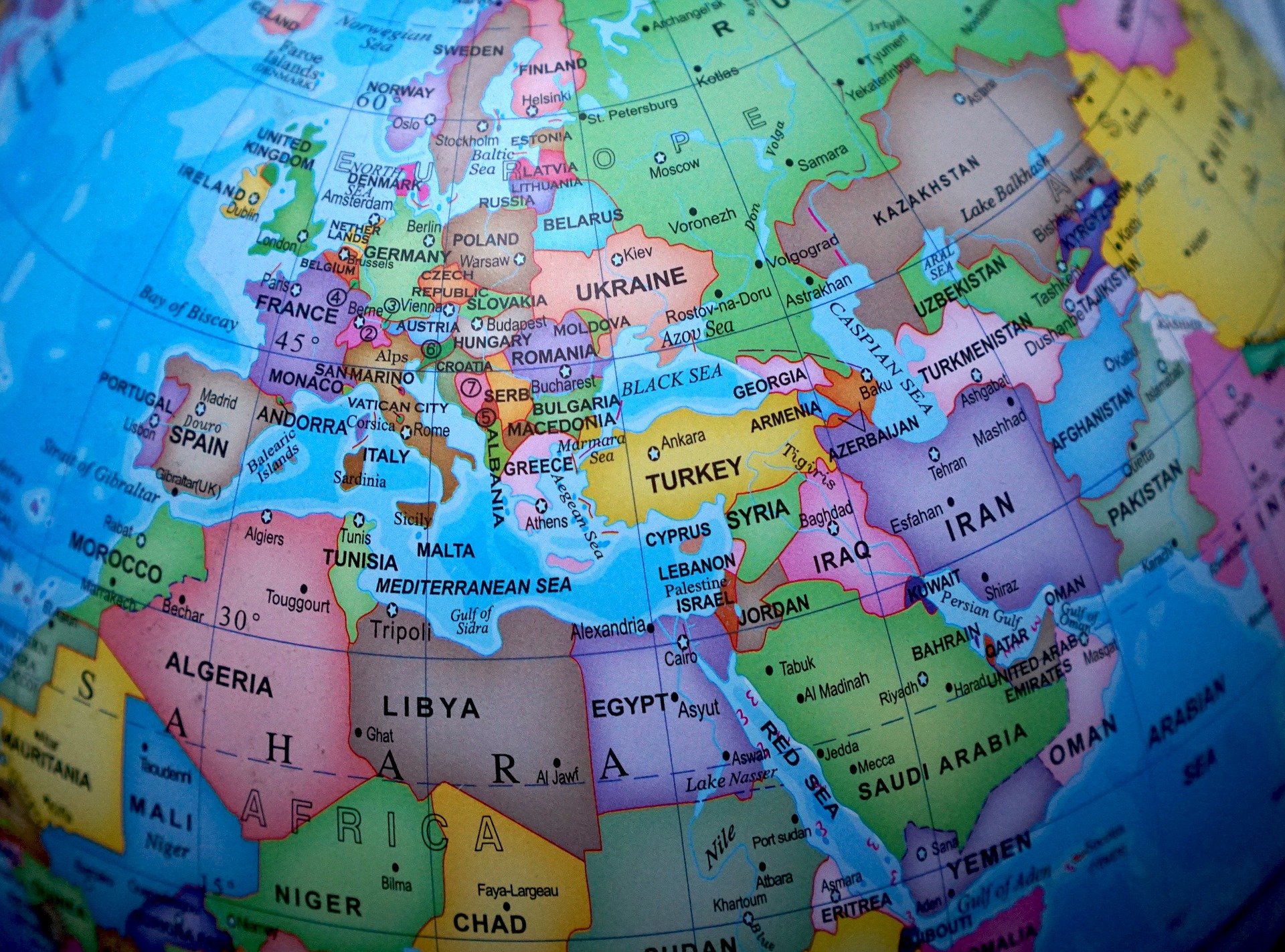
Juxtaposing the similarities and differences of global stereotypes
I’ve spent the last 4 weeks in 4 different countries. But this isn’t a tale of the woes of long-haul travel, nor the pains of jetlag. It’s all about cultural congruence.
Anyone who has ever visited Germany, Africa, Russia or China will certainly have their own souvenirs of the experience – each country is quite unique – and often easily stereotyped. Is every culture really different? Or are there some common aspects?
On arriving at Berlin’s Tegel airport to conduct a culture assessment for clients my driver was waiting at the agreed location, smartly dressed, and promptly whisked me to the car, a pristine executive sedan (German, of course) which took off like a controlled rocket launch. 25 minutes later I was unpacking my bags in the hotel, after a serious though uber-polite check-in that took no more than 2 minutes: they were expecting me and everything was ready for my signature and swipe of the credit card.
The week previous in Tanzania it was the opposite. I raced around Dar Es Salam airport searching for my driver before he wandered along 30 minutes later with a shrug of the shoulders and a beaming grin. I crawled through pot-holed side-streets in the back of a beat-up taxi until falling out at my accommodation. The international-brand hotel seemed surprised by my arrival, though 15 minutes later they managed to get enough from their computer to allow me to gain a keycard for a room, warm smiles and handshakes a-plenty.
Arriving in Russia at minus 20 Celsius the reception from the driver and hotel staff was equally frosty as they focused hard on getting the job done as quickly as possible. Not so in Shanghai, however, where the hotel staff seemed more interested in playing a round of Candy Crush on their mobiles and giggling at this 2 meter white giant than getting me to my room.
So, as organisations get bigger and the world gets smaller what does all this mean for safety?
How national culture impacts safety
In China a culture of pragmatism and perseverance exists and relationships have priority over tasks as people seek to fulfill obligations to family, teams and society before anything else. As I delivered our safety leadership programme there I focused hard on a ‘journey to excellence’ underpinned by personal commitment, collaboration and core values to meet local cultural needs.
In Tanzania a traditional approach dominates, where absolute truth is power, rapport is key, and stability is critical. In the latter it’s like Germany, though Germans have a low dependence on others, preferring to excel as individuals. There, inequality is minimised, and – like in Tanzania – change comes through evolution and superiors are easy to reach (rarely so in China or Russia). Recognising individual contribution – such as great safety behaviours – and continuous improvement helps in both countries.
In Russia – and in China – people are highly dependent, hierarchy is needed and superiors often inaccessible. Perseverance and hard work is key (as in Germany) though in China relationships will always come before hard sweat. Values include self-discipline, honesty and respect. Change in these countries, as history underlines, comes through revolution: forget about incremental improvement here: think big, act fast, communicate clearly and drive a step-change in safety.
Whilst the Chinese and (most) Africans tolerate ambiguity, Russians and Germans alike detest uncertainty – hence my efficient airport transfers and hotel check-ins – the need for due process, contractual obligations, laws and rules manifest in a desire to make the future as predictable as possible. (Contrast this with Tanzania where ‘pole-pole’ – pronounced ‘pollay-pollay’ and meaning ‘nice and easy’ or ‘take it slowly’ – is the most-uttered phrase wherever you go.) There’s an inner urge to work hard and showing emotions is accepted (you’ll know when someone is pissed off in both countries). So emphasis in safety should be on defining principles for behaviour and defining plans and procedures.
And finally we return to China – from where I write this dispatch. I need to be at the airport in an hour and my driver hasn’t turned up. The reception staff are apathetic and can’t understand why I’m so concerned. Are my Germanic desires kicking in as I have a Russian need to get there now? Perhaps I should just take it pole-pole.
Andrew Sharman is CEO of international safety consultants RMS, learn more at www.RMSswitzerland.com His global best-selling book From Accidents to Zero: A Practical Guide to Improving Your Workplace Safety Culture is available to SHPonline readers with an exclusive 25% discount. His new book Mind Your Own Business, co-authored with Dame Judith Hackitt is out now. Use the code SHP25 at www.fromaccidentstozero.com to order your copies of both books. But be quick!
The Safety Conversation Podcast: Listen now!
The Safety Conversation with SHP (previously the Safety and Health Podcast) aims to bring you the latest news, insights and legislation updates in the form of interviews, discussions and panel debates from leading figures within the profession.
Find us on Apple Podcasts, Spotify and Google Podcasts, subscribe and join the conversation today!



Interesting article. Were you there to “conduct a culture assessment” on specific workplaces rather than on a country in general? My concern with a national culture assessment would be that in a country such as China with over billion people that large regional variations persist that an assessment simply couldn’t cover.
I enjoyed your article. It is important as you have experienced, to understand the impact of culture on HSE. I work in Egypt and it has certainly been a surprise for me to see how slow the pace is and how there is little personal commitment. The culture is such that the workers prefer to tell you there is no problem than to admit they need assistance. This is why intervention is less common here.
Thanks for sharing the short comparison.